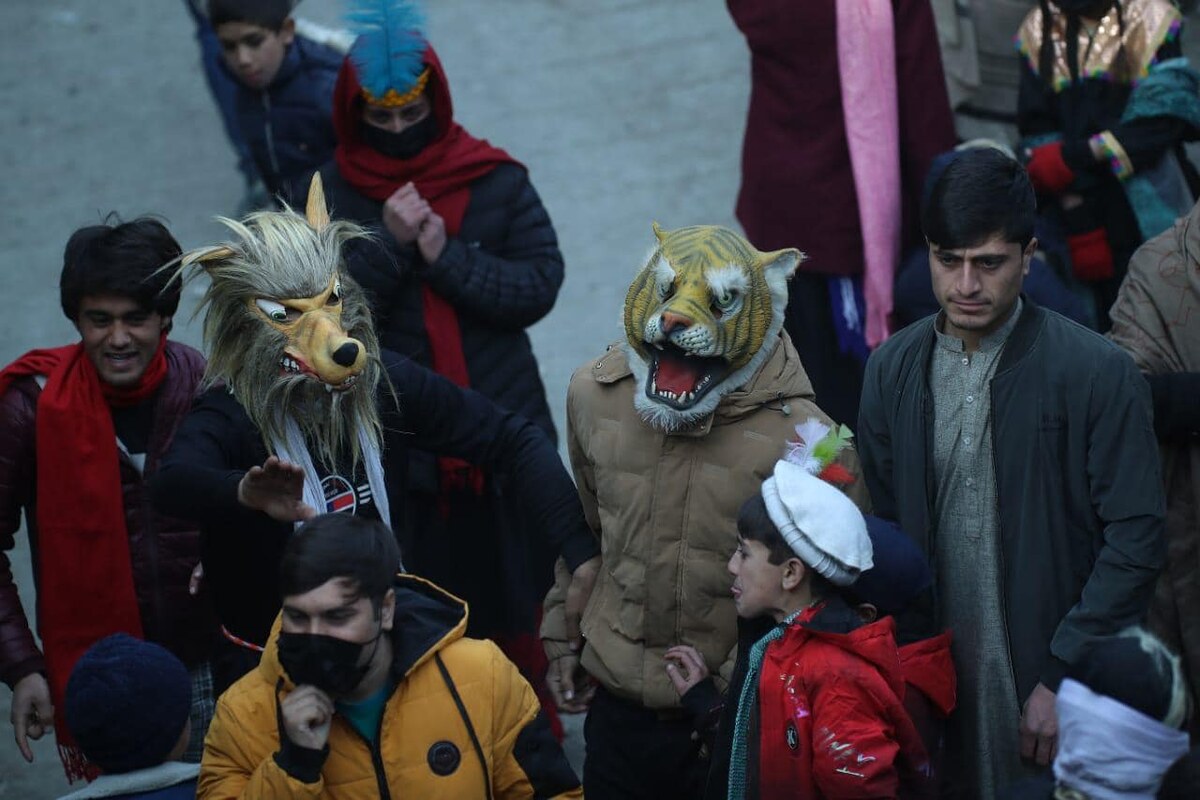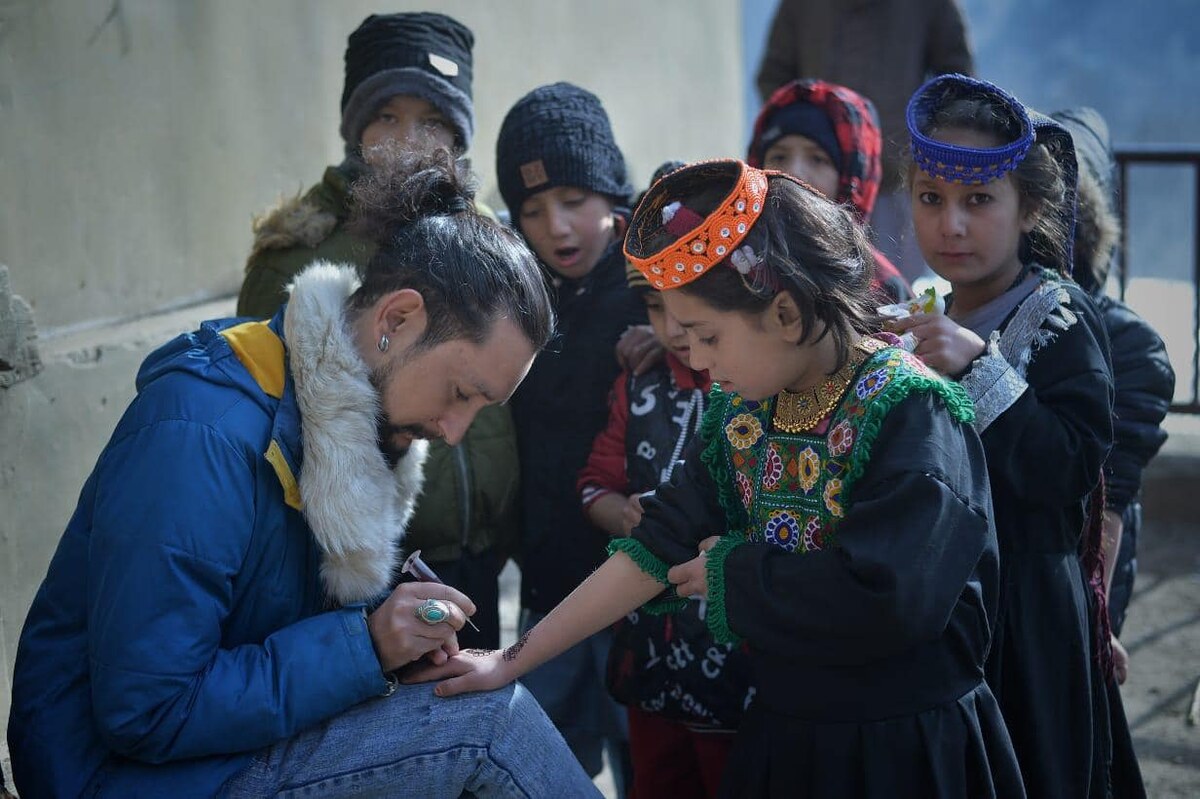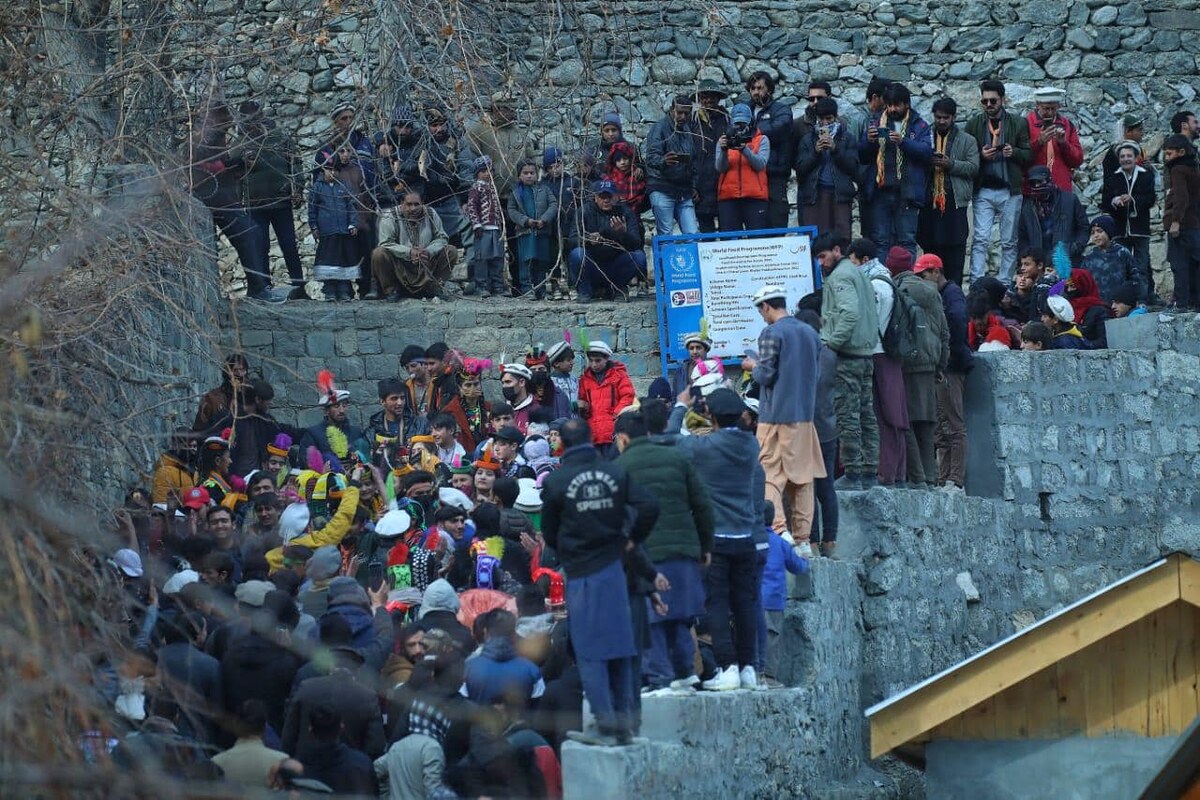KARACHI: Top clerics from Pakistan’s Deobandi Islamic school of thought did not attend a meeting between Prime Minister Imran Khan and Islamic scholars on Friday, citing concerns their presence would be inappropriate, and give the impression they supported the government ahead of a protest march led by Maulana Fazlur Rehman of the Jamiat Ulema-i-Islam (JUI-F), a Deobandi political party.
The JUI-F ‘Azaadi’ (freedom) march is a moving protest scheduled to begin on Oct. 27, with Pakistan’s two biggest opposition parties, the Pakistan Muslim League-N (PML-N) and the Pakistan People’s Party (PPP), announcing this week they will be participating in Rehman’s protest, which aims to make the Pakistan Tehreek-e-Insaaf (PTI) government step down due to its inability to deliver on election promises.
“Our consultative meeting decided to decline the invitation because we thought it was not an appropriate time to meet the PM, as it will give an impression that we have sided with the government,” Maulana Talha Rehmani, spokesperson of Wafaq ul Madaris Al-Arabia Pakistan, a seminary board that conducts examinations of more than 10,000 affiliated Deobandi seminaries and 8,000 schools across the country, told Arab News.
However, Azhar Laghari, head of the PTI’s Public Relations and Media, said the seminaries simply had prior engagements that kept them from attending Friday’s meeting.
“Some Deobandi religious scholars excused themselves from attending the meeting due to other commitments,” Leghari told Arab News.
But Rehmani denied the government’s version of events.
“It was a mutual decision to decline the invitation, due to the prevailing political condition,” he said.
While clarifying that religious seminaries were not to be part of the march, and were “neutral,” he said students of seminaries in their “individual capacity” were free to undertake political activities.
“The boards have strict instructions that affiliated madaris, as institutions, will not participate in any public gathering, rally or march but that students in their individual capacity are free to take part in the activity of any political party,” Rehmani said, and admitted that a majority of students of Deobandi Madrasas supported JUI-F.
According to a handout issued by the PM House, the predominant agenda of the Prime Minister’s meeting was a discussion of reforms in religious schools, while the scholars were also urged to highlight the Kashmir issue from their respective platforms, in response to India revoking the special legal status of the disputed, Muslim-majority territory on Aug. 5th.
Earlier, local media reported the Prime Minister had said at the occasion that the meeting was not called to seek scholars’ support over the protest march, and concluded with few mentions made of the impending sit-in.
Scholars who attended the meeting included members from the four mainstream sects of the country- the Council of Islamic Ideology, Muttahida Ulema Board, Punjab, and Central Ruet-i-Hilal Committee.





















